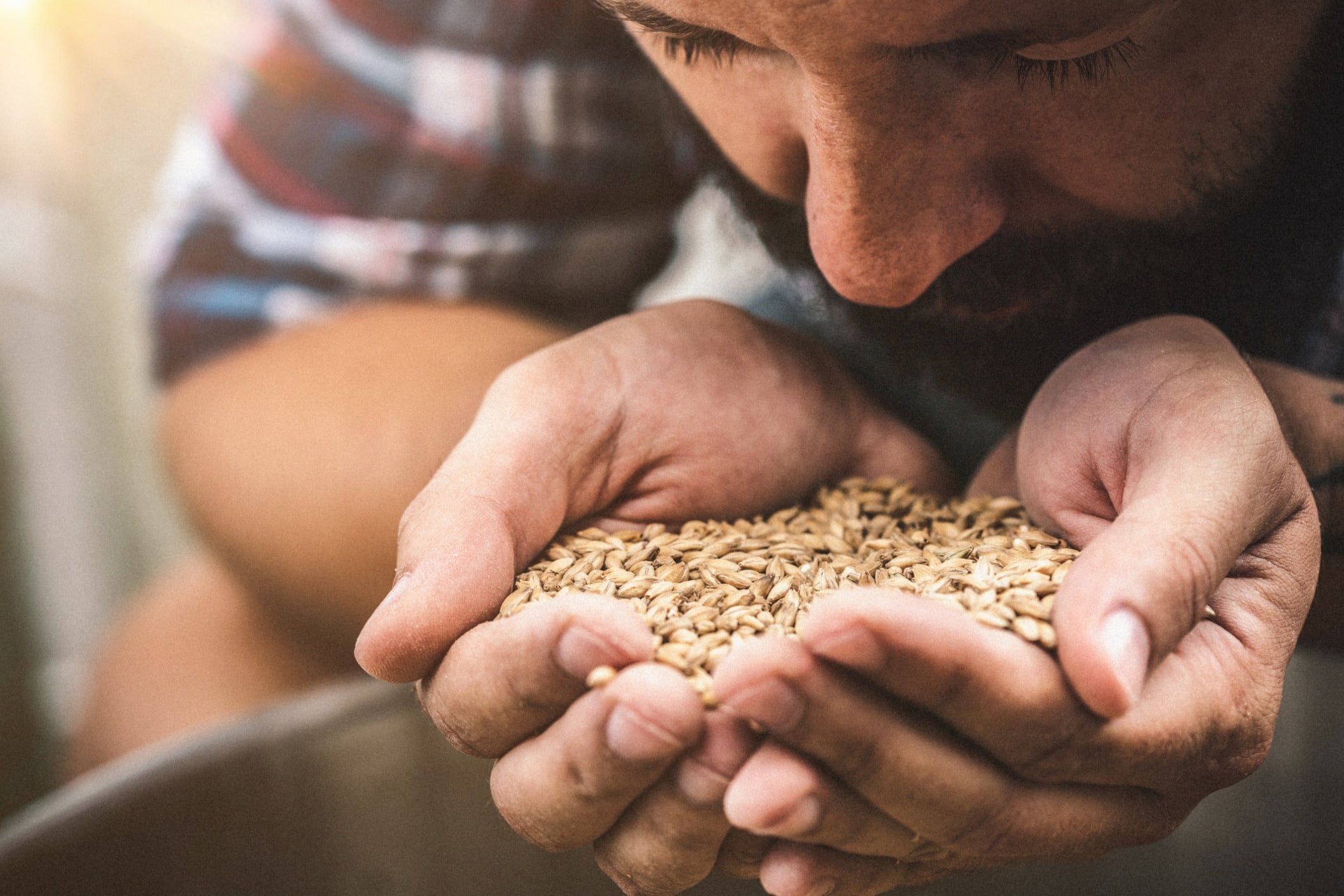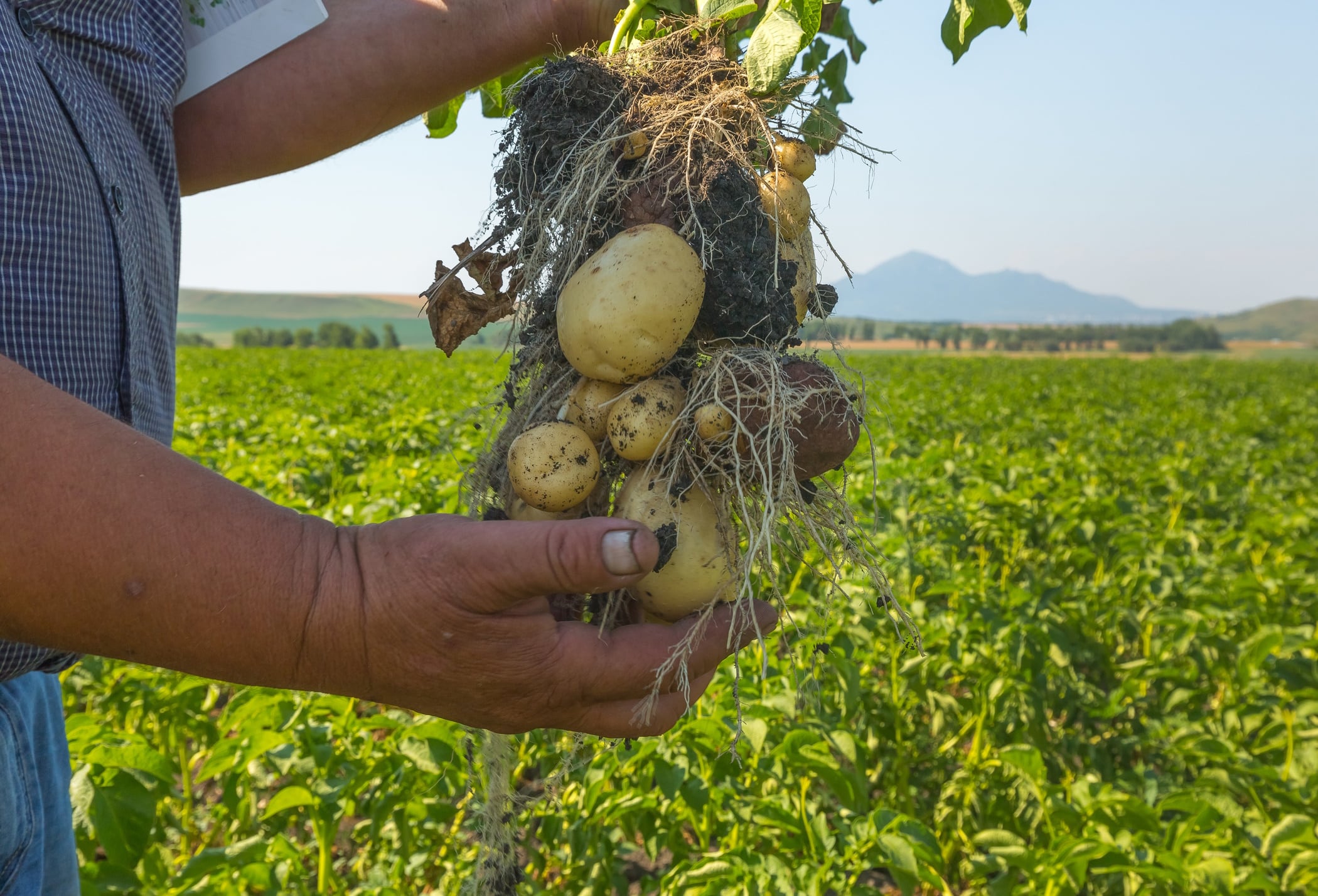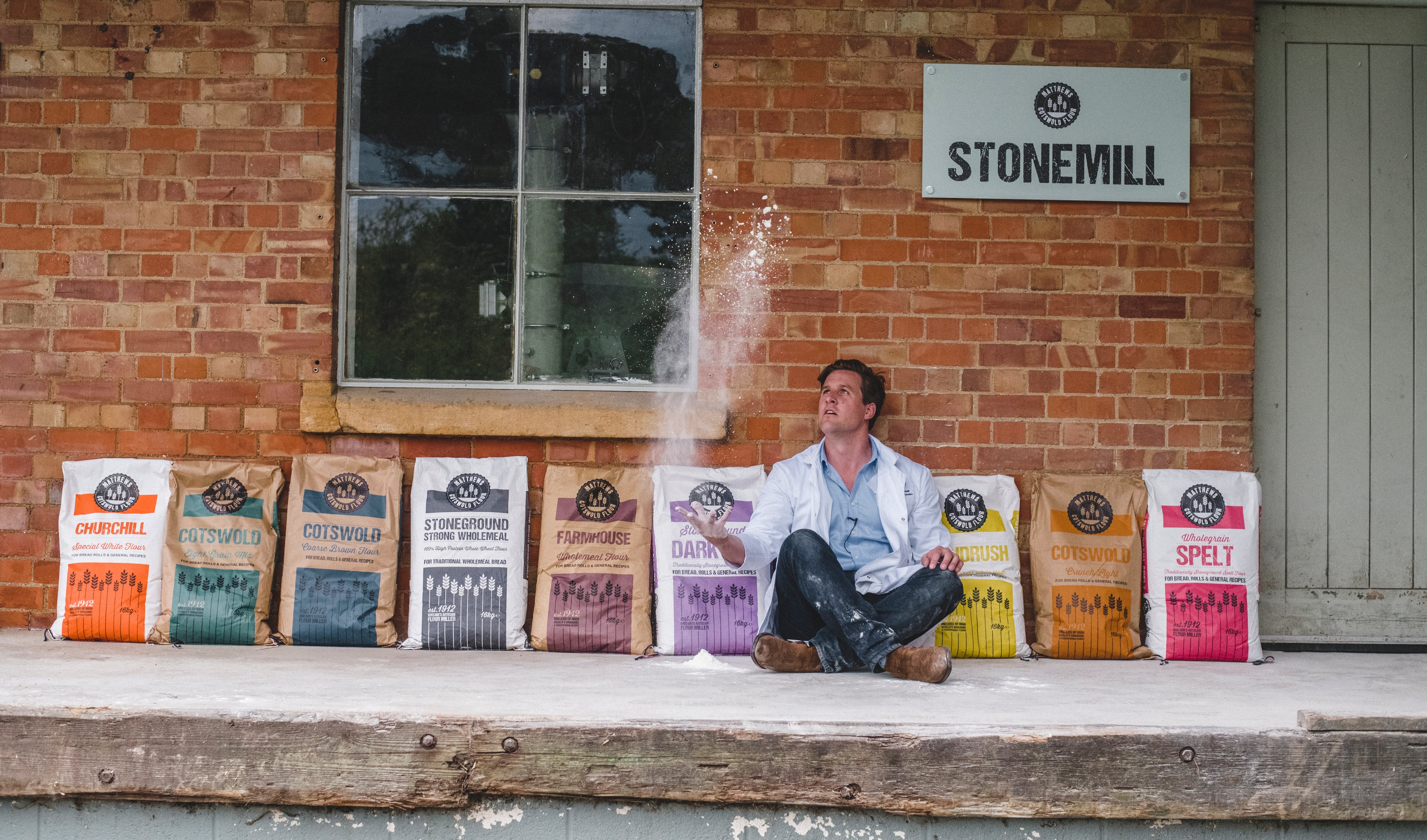Key takeaways:
- STEP up for Agriculture shifts the focus from corporate pledges to farmer-led action.
- Wheat, sugar and oils sit at the heart of what’s on the line for bakery and snacks.
- The 2030 deadline looms, leaving little time to prove regen-ag can scale.
Two of the world’s biggest food players are putting their money where their mouth is. The program, dubbed STEP up for Agriculture, is less about buzzwords and more about boots on the ground. Instead of telling farmers how to farm, it channels money and training into the groups they already trust – cooperatives, nonprofits and farmer-to-farmer networks.
The ambition is vast. PepsiCo has promised 10 million acres under regenerative practices by 2030. Unilever wants a million hectares in the same timeframe. These aren’t abstract targets. They cover the wheat, corn, sugar and oils that flow straight into the world’s flour mills, bakeries and snack factories.
Jim Andrews, PepsiCo’s sustainability boss, sums it up: “When farmers thrive, we all thrive.” He’s not wrong. Without buy-in from growers, the whole thing collapses. Glossy sustainability reports won’t move the needle without local know-how and neighbor-to-neighbor trust.
From corporate pledges to boots in the dirt

Unilever’s Kristina Friedman is just as blunt. STEP, she says, can “help us move faster and smarter” by giving farmer-led groups the tools they need. Instead of creating new layers of bureaucracy, the initiative backs the people who run field days, share machinery and swap hard-won lessons on soil health.
Why does that matter? Well, farmers rarely change course because a multinational tells them to. They change because a neighbor shows them cover crops that work or because a local agronomist can prove the math on yield and inputs. STEP is betting on that dynamic. Money will flow to the groups already doing the hard work: expanding staff, training advisers and putting in place systems to measure whether anything’s actually working.
Spain is the first proving ground. The farmer-led cooperative Garlan is working with the Earthworm Foundation to sketch out its own regenerative program: letting local farmers decide what works for their soils and their crops.
If that model sticks, it could spread across Europe and beyond. And that matters because the ingredients these pilots touch – grains, oilseeds, sugars – sit at the heart of snack and bakery supply chains. If Spain’s farmers can prove regen adds value without wrecking yields, processors and millers will want in.
Flour, sugar and oil on the line

Snack and bakery manufacturers don’t need reminding how fragile supply chains have become. Wheat, oats, sugar and edible oils are the backbone of everyday products, from sandwich loaves to potato chips. These crops are also among the most vulnerable to soil exhaustion, water stress and biodiversity loss.
A regenerative reset promises to toughen up the supply chain. Better soils mean more stable yields. Healthier fields hold more water. Diverse rotations reduce pest pressure. None of that is theory – farmers already trialing regen practices have shown it works. And that matters when you’re running a factory that needs a steady flow of raw materials.
The consumer side is just as critical. Retailers are leaning hard on suppliers to prove their sustainability claims and regulators are turning up the heat on carbon and land-use reporting. Bakery and snack makers that can show a regenerative supply chain will win points with both gatekeepers and shoppers. Those that can’t risk being accused of greenwash.
But it won’t be easy. What works in Iowa may flop in Andalusia. Farmers often face upfront costs and risk yield dips when they switch practices. Unless new revenue streams are unlocked – whether from premiums, subsidies or carbon markets – adoption may stall. STEP’s decision to work through trusted farmer-support organizations is critical, since these groups know the realities on the ground and can help smooth the bumps.
That’s why PepsiCo and Unilever are doubling down on local groups. “Successful systems change requires more than just funding – it requires the right partners who know their communities inside and out,” says Andrews. That awareness is baked into the design but rolling it out across continents will be a different challenge altogether.
Turning pilots into real power

Spain isn’t the only test case. STEP is also working with Practical Farmers of Iowa, the South East Research Farm in Canada and FarmAdvisor in Indiana. These are farmer networks with track records: pairing experienced growers with newcomers, running peer-to-peer mentorship and putting real data behind what works.
The money for STEP is coming from both corporate and philanthropic sides: the PepsiCo Foundation, the Platform for Agriculture & Climate Transformation, plus industry coffers. That blend should give the program some staying power, though the real test will be whether brands and donors stick with it. Attention spans in sustainability are typically short.
The deadline is ambitious. 2030 isn’t far off and agriculture doesn’t change overnight. But the urgency is real. The next five years will determine whether the scheme builds traction or becomes another well-intentioned footnote. For bakeries and snack producers, the outcome will directly shape ingredient quality, pricing and availability.
So far, the momentum looks encouraging. Peer-to-peer workshops are being set up, toolkits are being drafted and the early pilots are drawing interest. If results are open and credible, STEP could mark the shift from isolated pilots to a real, scaled-up system.
The bigger gamble on regen ag

For the snack aisle, this is more than a sustainability play. It’s a hedge against risk. If wheat, sugar and oils come from fields that can weather climate swings, factories can keep running and shelves stay full. If not, everyone from millers to retailers will feel the squeeze.
The gamble is huge. If STEP succeeds, regeneratively grown wheat, sugar and oils could become the standard, not the exception. That would shore up resilience for manufacturers and build consumer trust in claims that are too often questioned. If it flops, it will feed the narrative that corporate sustainability is all talk, no traction.
Either way, regen ag is no longer niche. With two of the biggest names in food putting their brands on the line, the question isn’t whether to pay attention – it’s how fast the industry can adapt.





